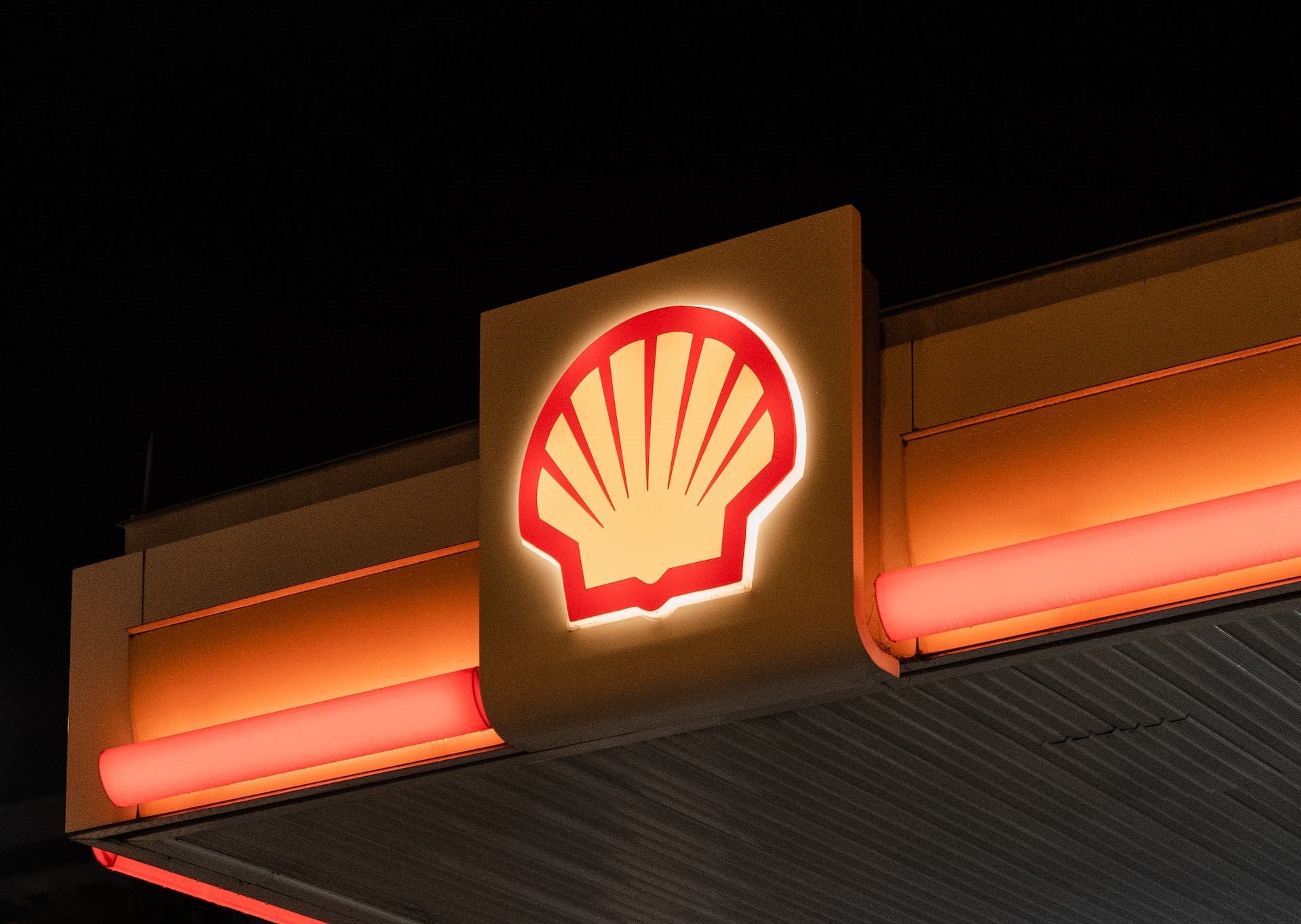
Energy giant Shell has said that it expects second-quarter gas trading income to be “significantly lower” than in its previous quarter.
According to its second-quarter update note, oil and gas production will also fall when compared with the beginning of the year. At the same time, the company’s chemicals business is expected to post a loss.
Shell’s full results are expected on 27 July. The company predicts a reduction in earnings of $3bn for the quarter, largely due to a 1% increase in the discount rate used for impairment testing.
Shell is the world’s biggest liquified natural gas (LNG) trader. Its US competitor Exxon also warned of a fall in second-quarter operating profits this week, with earnings reduced by around $4bn compared with the first quarter.
Last year, extreme European natural gas prices secured record-high profits for the oil major. Trading accounted for as much as a quarter of the company’s overall profitability.
In the first quarter of 2023, Shell posted record results, marking its most profitable first quarter ever, but overall market conditions have since been less favourable. Performance has now returned to levels similar to 2021 and 2022.
How well do you really know your competitors?
Access the most comprehensive Company Profiles on the market, powered by GlobalData. Save hours of research. Gain competitive edge.

Thank you!
Your download email will arrive shortly
Not ready to buy yet? Download a free sample
We are confident about the unique quality of our Company Profiles. However, we want you to make the most beneficial decision for your business, so we offer a free sample that you can download by submitting the below form
By GlobalDataShell expects earnings from the second quarter to be “significantly lower compared to a strong first quarter due to seasonality and fewer optimization opportunities”, according to the note.
Shell continues current rates of production
Earlier this week Shell CEO Wael Sawan told BBC News that cutting oil and gas production would be “dangerous and irresponsible”. Shell plans to keep current oil production rates the same until 2030.
Sawan has attracted criticism for his comments suggesting oil and gas production is beneficial for the poorest in global society.
Jamie Peters, head of climate at Friends of the Earth, told the Guardian: “Let’s be clear, companies like Shell are fuelling both the climate crisis and the soaring cost of energy. They are profiting from the misery of ordinary people while destroying the planet, and they’re making a cynical case to continue locking us into the volatile fossil fuel markets that are the root cause of the energy crisis.”
Earlier this month Shell’s head of renewables, Thomas Brostrom, announced his intention to leave the company. Shell power trader Steffen Krutzinna also announced plans to leave, accusing Shell of “softening” it energy transition commitments, instead prioritising oil and gas.



